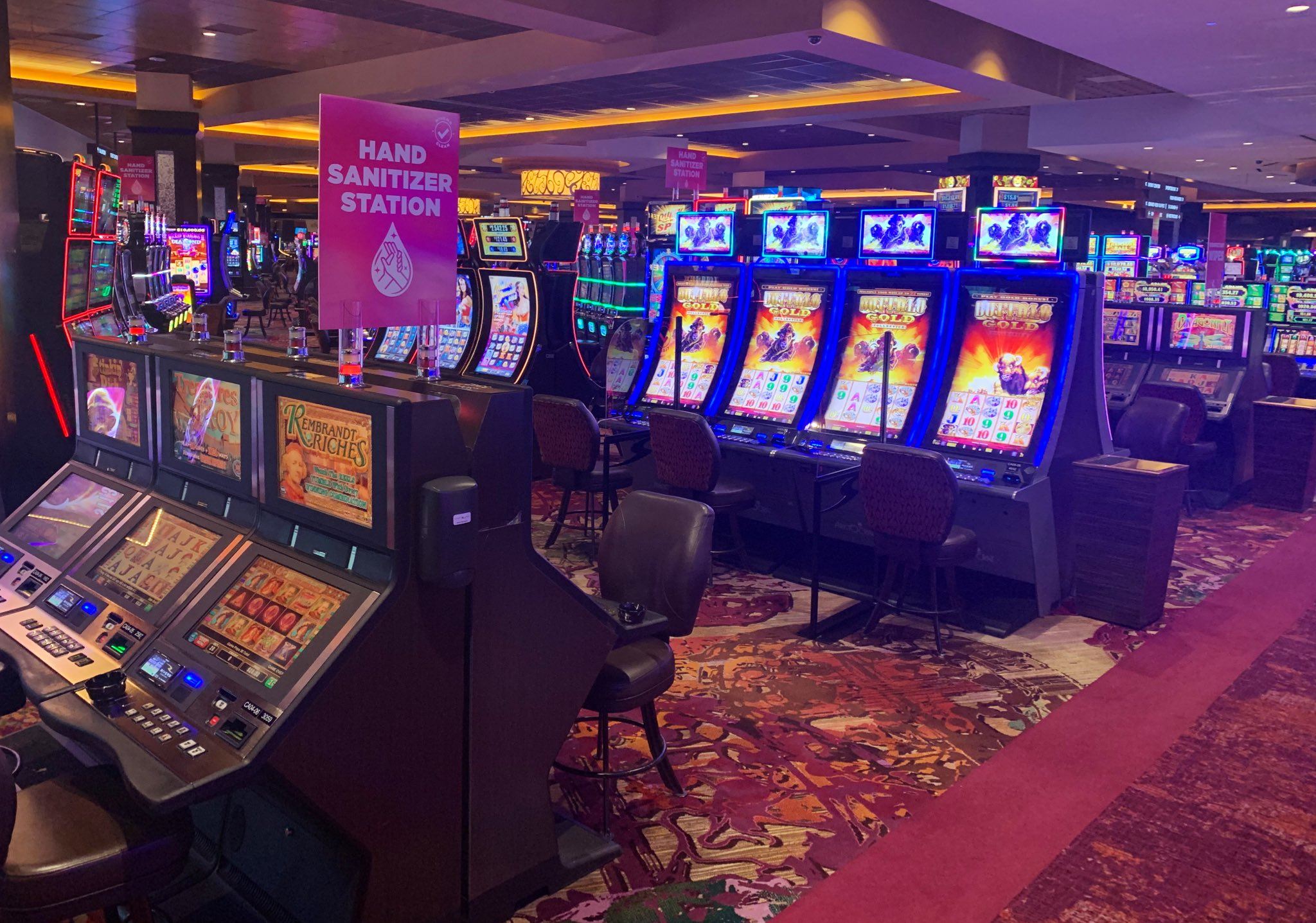
Casino gaming has long been a topic of interest and debate, attracting millions of players globally. With a mix of chance, strategy, and the thrill of uncertainty, casino games offer an exhilarating escape from everyday life. However, as entertainment becomes ever more available, it invites a deeper examination of the morality surrounding these games.
At the heart of the discussion lies the question of whether casinos promote responsible gaming or exploit at-risk individuals. The allure of potential winnings versus the truth of losses can create a complex dynamic, and understanding this balance is crucial for both players and operators. As we delve into the ethics of casino gaming, we will explore the responsibilities of casinos, the impact on society, and the measures that can be taken to foster a healthier gaming environment.
The Impact of Casino Gaming on Society
Casino gaming has a notable influence on societal dynamics, affecting not only the financial landscape but also interpersonal dynamics and community structures. The revenue generated from casinos can lead to employment opportunities and boost regional economies, as they provide multiple employment opportunities in multiple fields including hospitality, leisure activities, and shopping. However, while the economic advantages can be significant, communities often grapple with the possible negative impacts that arise from increased gambling activity.
Additionally, the presence of casinos can lead to an increase in gambling addiction, presenting significant challenges for players and families. The thrill of casino games can quickly transform into a compulsive habit, affecting personal relationships and leading to financial instability. Many players may struggle with the loss of control over their gambling behaviors, resulting in a need for community support services and help to address this growing issue. The social cost of gambling addiction can ripple through families and neighborhoods, creating an urgent need for sensible gambling approaches.
In addition to the economic and social consequences, casino gaming often reflects cultural attitudes towards risk and entertainment. It can foster a sense of joy and leisure, attracting visitors and boosting tourism. However, this allure may also conceal the wider implications of gambling as a form of entertainment, raising ethical questions about its advertisement and availability. As communities weigh the advantages and drawbacks of casino gaming, the need for responsible practices and regulation becomes increasingly critical in ensuring that the positive aspects are maximized while reducing the potential harms.
Ethical Concerns in Gambling Activities
The morality of gambling operations often center around the potential for addiction and its effects on people and families. Betting can lead to significant monetary distress, impacting not only the gamblers but also their loved ones. As individuals become caught in the allure of winning, many lose track of their financial limits, which can result in devastating outcomes such as insolvency. This raises ethical questions about the duty of casinos in fostering safe gaming habits and offering support for those who may be dealing with gambling addiction.
Another major issue is the advertising of betting to vulnerable populations. Gambling establishments often aim at low-income people or neighborhoods with the offer of fast rewards, which can perpetuate patterns of poverty and hopelessness. In this context, the ethics of marketing strategies used by casinos come under scrutiny, as they may exploit the desperation of individuals seeking an way out from financial hardships. This exploitation raises moral questions about the honesty of the betting industry and its responsibility to safeguard its most vulnerable patrons. 5MB
Additionally, the impact of gambling gaming on society as a entirety cannot be overlooked. While some argue that gambling establishments create employment and stimulate local economies, others point to the community costs associated with dysfunctional betting, increased criminal rates, and a burden on public services. Balancing economic benefits with the risk for community issues presents a challenging moral dilemma for lawmakers and casino operators alike. The difficulty lies in finding a ethical approach that prioritizes the welfare of people and communities while still permitting for the enjoyment of gambling activities.
Regulatory System and Obligations
The legal system related to casino activities is designed to ensure fairness, integrity, and participant security. Different government entities and casino commissions set and implement regulations that dictate how gambling games operate, the guidelines for product creation, and the procedures for processing prizes. These regulations change by locale but usually involve licensing requirements for providers and strict measures to avoid deception and dishonesty.
In furthermore to oversight bodies, gambling establishments bear significant duty in upholding principled standards within their establishments. They must adopt responsible gaming practices that encourage player protection and consciousness, including providing self-limitation options and sharing information about the hazards associated with gaming. Casinos are also accountable for instructing workers to recognize signs of problem gambling and know the proper measures to assist visitors in trouble.
Moreover, transparency in casino operations is crucial for earning and maintaining public trust. Casinos should provide clear data about the probabilities of operations, promotional deals, and any related risks. By promoting an atmosphere of transparency and responsibility, operators can help lessen the likelihood negative impact of gaming while enhancing the overall betting experience for all gamblers.